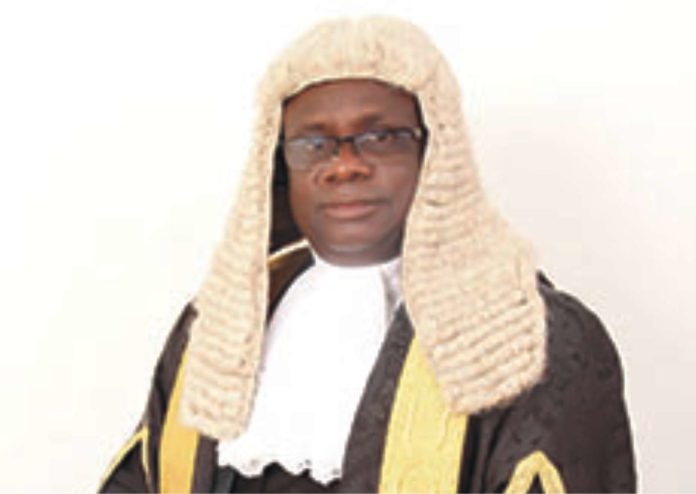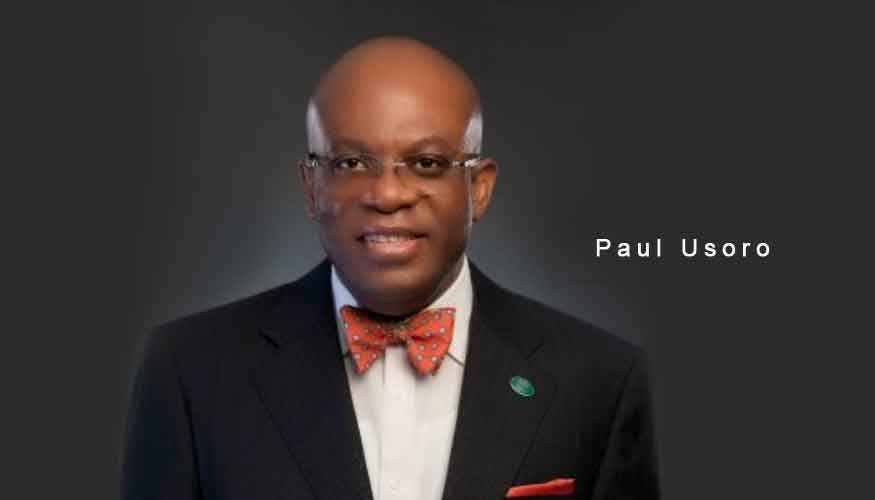• CONFIRMS CITY LAWYER REPORT • SAYS FATE OF PORTAL UNCERTAIN • VOWS THAT ECNBA IS ‘TOTALLY INDEPENDENT’ The Electoral Committee of the Nigerian Bar Association (ECNBA) has admitted that it was handed over a ready-made election portal for the forthcoming National Elections by the Mr. Paul Usoro SAN-led bar association. This confirms CITY LAWYER...
Month: May 2020
Home » Archives for May 2020
Post
11 May 202028 February 2025Uncategorised
NBA DATABASE: OLANIPEKUN, NGIGE, FALANA IN ‘OBOLLO-AFOR’ BRANCH
* Mixed reactions, as errors mar project * ‘We are in the dark on website contract,’ say EXCO Members There is palpable anxiety over the current state of the Nigerian Bar Association (NBA) database as uploaded on the NBA website. While some members have their data correctly inputted, prominent Bar Leaders such as former NBA...
Post
4 May 202028 February 2025Uncategorised
2020 ELECTIONS: HOW NBA CAN GET IT RIGHT, BY FORENSIC EXPERT
The Nigerian Bar Association (NBA) National Officers Election has been scheduled to hold in July. Given the controversies that have beset previous NBA elections, several stakeholders have been engaging in initiatives aimed to ensure that this year’s exercise is free, fair and credible. At a recent round-table organized by “The Legal Torchbearers” online forum to...



